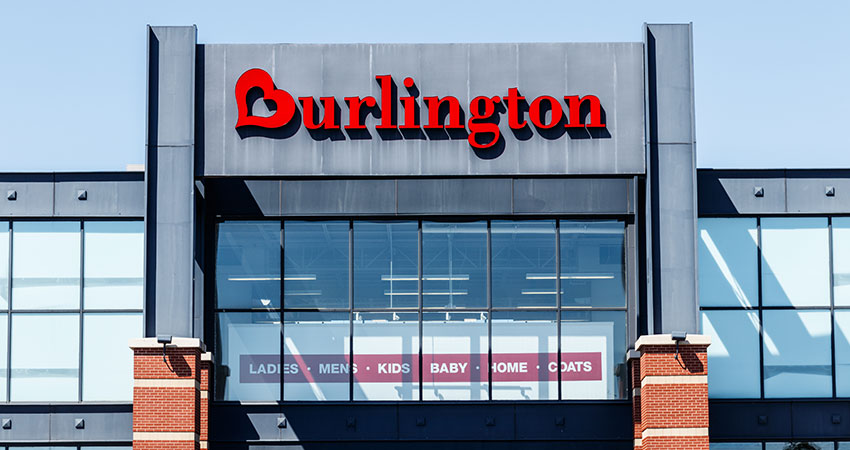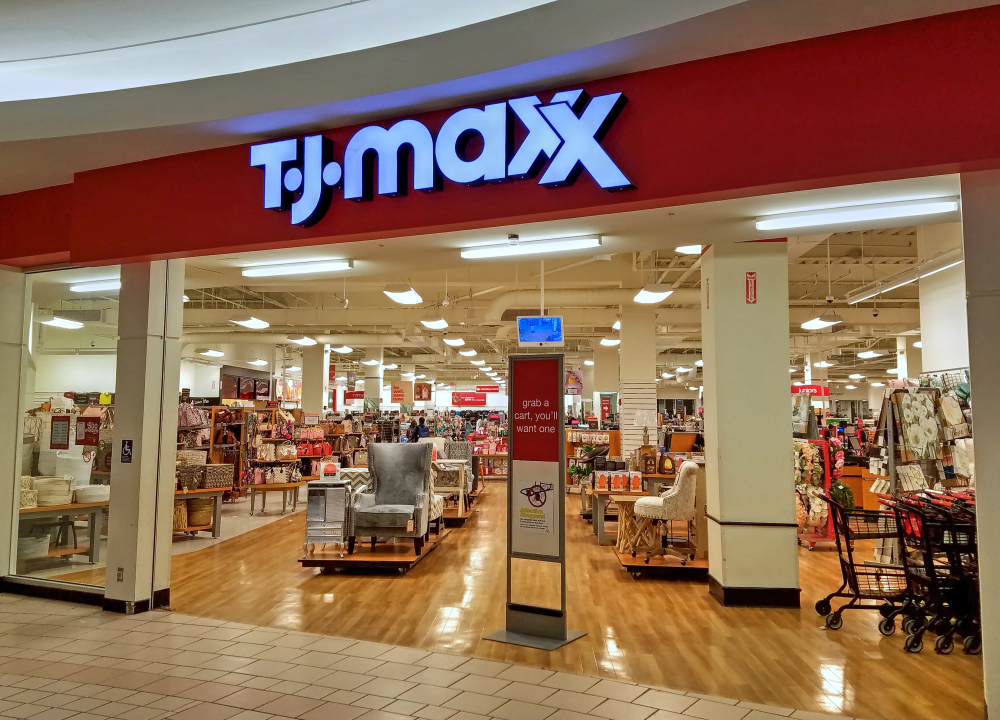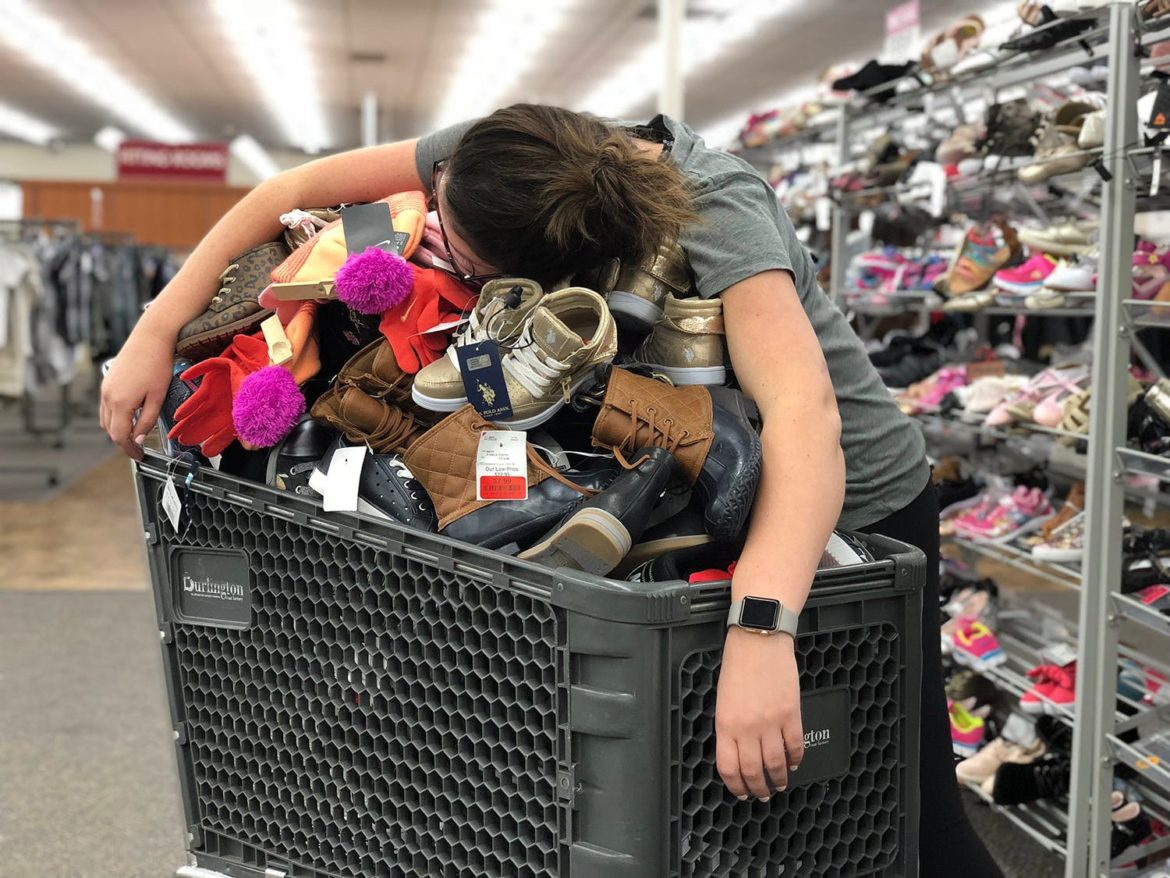Retail chains without a website powered through the pandemic. But off-price retailers like Burlington, T.J.Maxx, Ross got better far faster than others. Why?

THE FOLLOWING WRITTEN CONTENT BY ALINA SELYUKH
No more sales online. Burlington Stores made the announcement on March 5, just days before coronavirus lockdowns shuttered its doors.
For many retailers, not having a website in the coronavirus pandemic would have spelled doom. Burlington did permanently shutter 28 stores. But then, the discount retailer opened 62 more. And last month, its shares hit an all-time high.
For Autumn Nevens, it was a coat that prompted a December visit to Burlington — a fitting need for a place formerly known as the Burlington Coat Factory. She left with a Michael Kors jacket, about $20 off its regular price, but also inevitably some extras: a few socks and some artwork for her room.
“You never know what you’re going to find there,” says Nevens, a student at the University of Washington. “It’s like a treasure hunt because, you know, you’re getting a deal regardless.”

Early in the pandemic, a business counting on people bargain-hunting indoors seemed doomed. Last spring, sales at clothing stores collapsed almost entirely as shoppers virtually abandoned them during the lockdowns.
But off-price retailers — Burlington, T.J.Maxx, Ross — got better far faster than others. Last month, shoppers’ visits to these stores were within 10% of January 2020’s numbers, according to foot-traffic analytics firm Placer.ai. Their sales are still below pre-pandemic levels, but they’re almost there.
“Things are progressively getting better at Burlington,” says Laura Champine, senior consumer analyst at Loop Capital Markets.

One key reason is what the retailer sells.
Champine calls Burlington “the retail island of misfit toys.” This is where designer items often end up instead of a full-price department store because something went wrong: perhaps a weird color, an overstocked size, a not-so-popular design.
That means when department stores struggle and scale back like they have done during the pandemic, better stuff — more stuff — ends up at stores like Burlington.
Off-price retailers are also used to switching up their selections in a matter of weeks rather than months or seasons, Champine says. This means they were well equipped to make a fast pandemic pivot: fewer office and party clothes, for example, but more athleisure and home goods.
In fact, this kind of constant pivoting, with selection varying from store to store, was why Burlington shut down its website in March. Read more from NPR.





